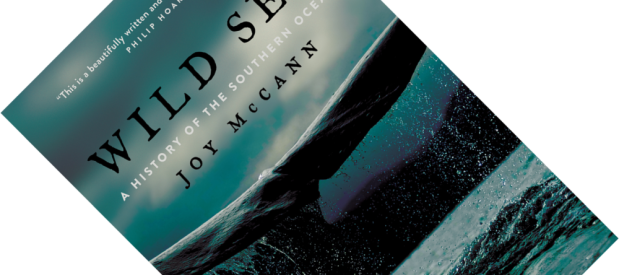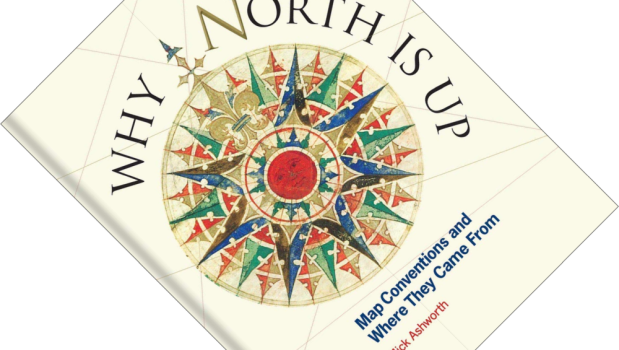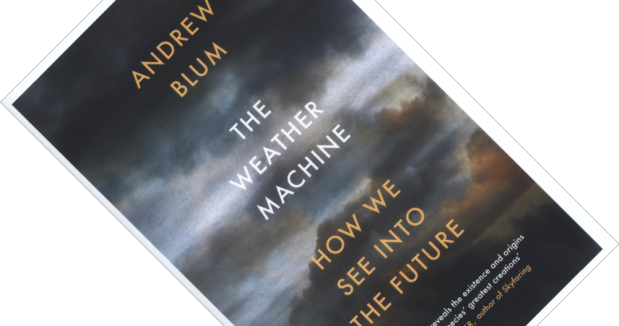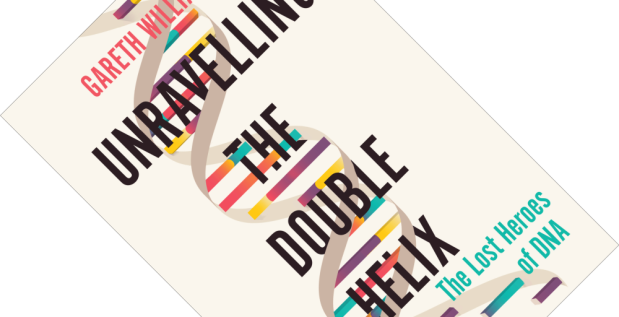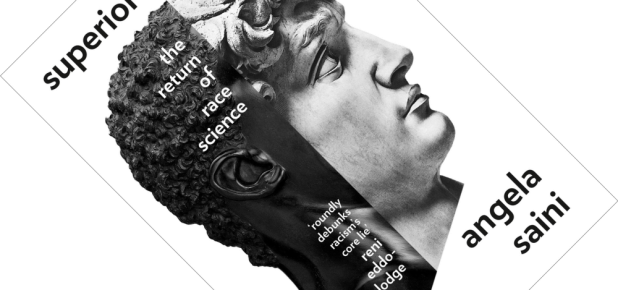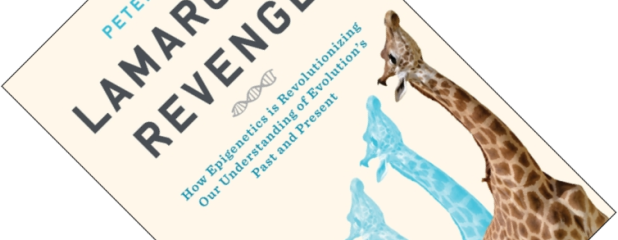6-minute read
The Southern Ocean, that vast body of water that flows unhindered around Antarctica, has to be one of the most forbidding oceans on our planet. Its latitudes are referred to by increasingly unnerving names the gale-force winds that have terrorised mariners since they first set sail here – the roaring forties, the furious fifties, the screaming sixties. Its waters are so cold that they are actually below freezing in places, with only their salinity preventing them from freezing solid (fish here have evolved antifreeze proteins!) As a consequence of these extreme conditions, this region has long remained unexplored. But, as historian Joy McCann shows, explore it we did. Brace yourself for a gripping piece of environmental history, marked by heroism as much as hubris, and curiosity as much as cruelty.

